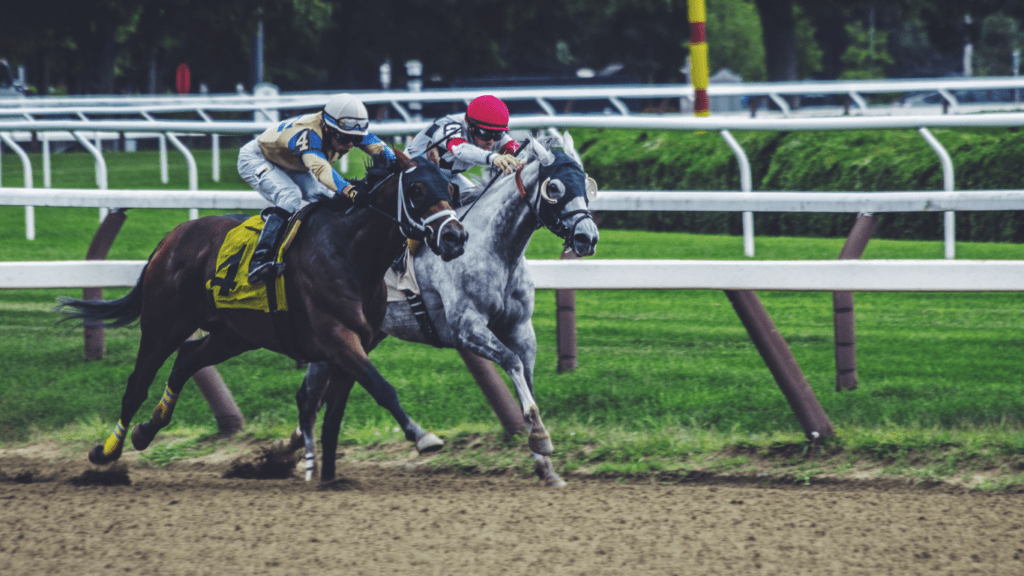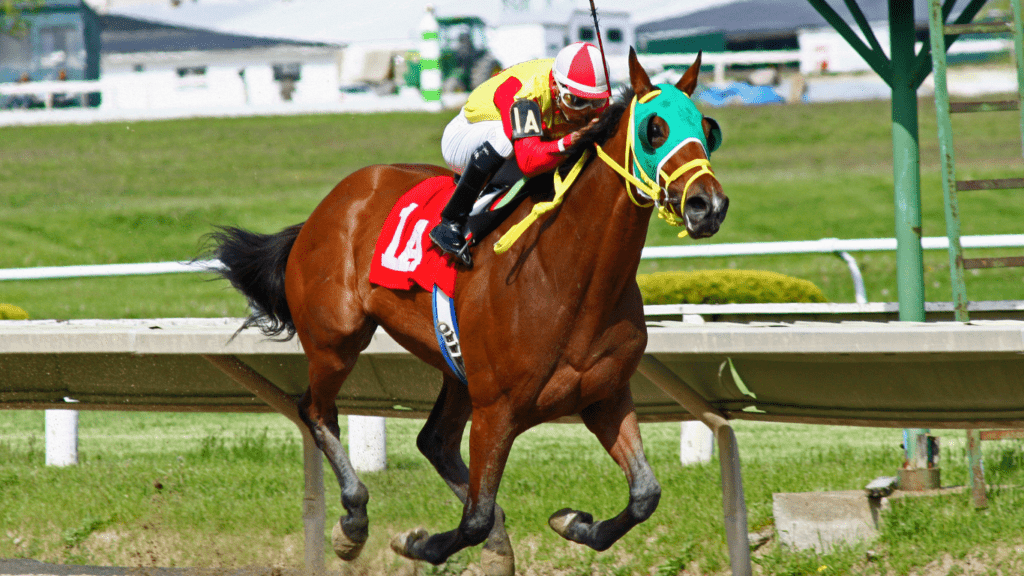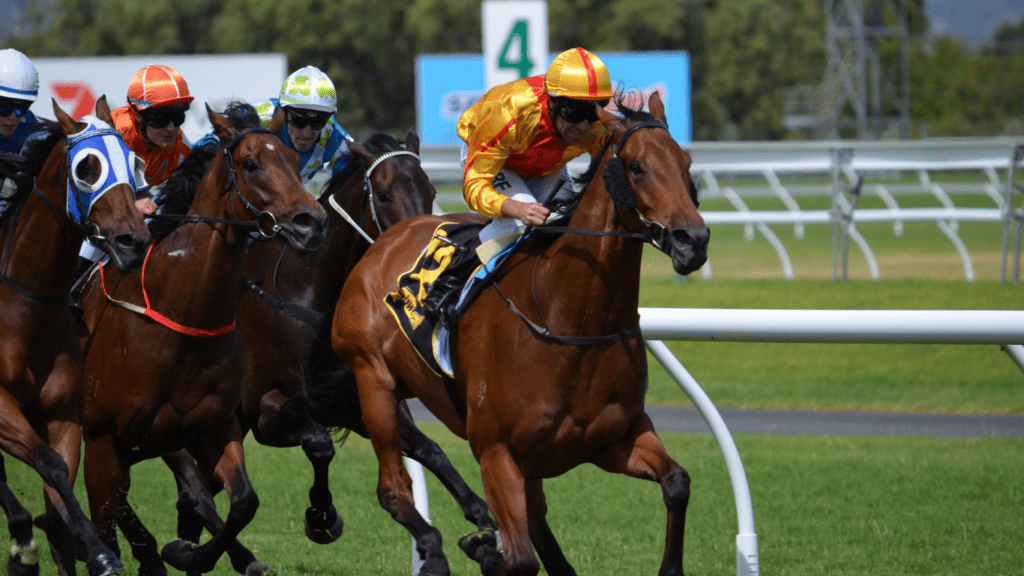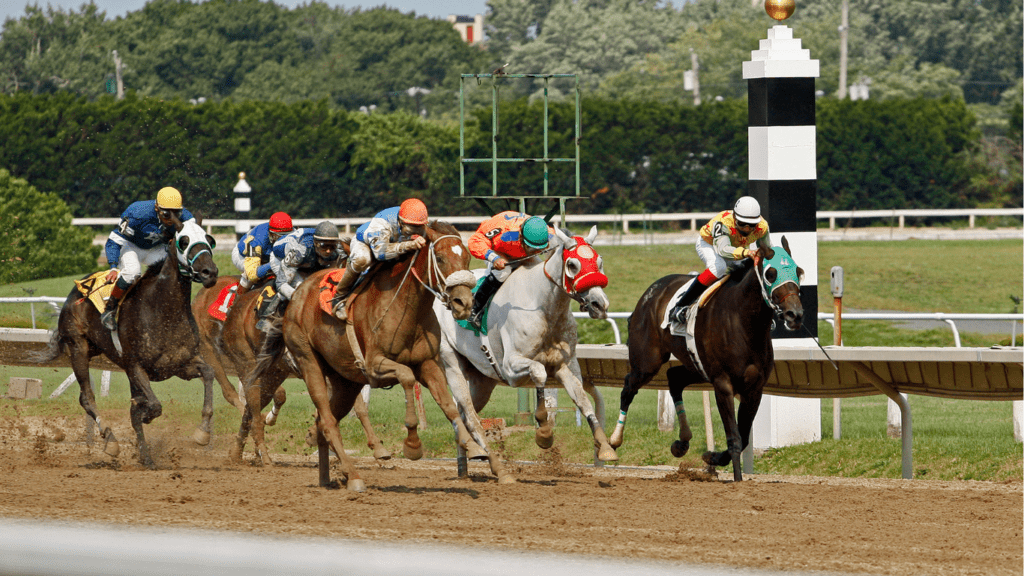Understanding the Mindset in Horse Racing
Horse racing requires more than just physical prowess; it demands a strategic mindset. Success hinges on the ability to predict outcomes, manage risks, and adapt to changing conditions. Understanding this is crucial for jockeys, trainers, and bettors alike.
Jockeys must maintain focus in high-pressure environments. The ability to stay concentrated amid the noise and chaos of a race can distinguish a winner from the rest. Confidence in their skill set—developed through experience and training—helps jockeys navigate challenges on the track.
Trainers focus on psychological preparation alongside physical conditioning. They instill discipline and routine in their horses, understanding that a horse’s temperament can impact performance. Observing a horse’s behavior helps trainers make informed decisions about race strategy and timing.
Bettors employ a different mindset, analyzing statistics and trends to guide their betting strategies. Confidence in their analysis, paired with a willingness to take calculated risks, enhances their betting effectiveness. Staying informed about horses’ conditions and past performances supports better decision-making.
A winning mindset in horse racing blends focus, confidence, and strategic analysis, reminding all involved that psychology plays a key role in achieving victory.
The Role of Psychological Preparation
Psychological preparation plays a crucial role in horse racing, influencing the performance of:
- jockeys
- trainers
- bettors
Importance of Mental Resilience
Mental resilience impacts success in horse racing by allowing individuals to remain focused. I see jockeys enduring high-pressure environments without wavering. Trainers build this resilience through consistent routines and mental exercises. Examples include visualization and breathing techniques.
Techniques for Stress Management
Stress management techniques enable optimal performance during races. I recommend mindfulness practices, which help individuals center their thoughts and manage anxiety. Deep breathing and muscle relaxation exercises offer additional support. These methods contribute to maintaining composure and making strategic decisions under pressure.
Developing Focus and Concentration

In horse racing, optimizing focus and concentration directly impacts performance. Jockeys, trainers, and bettors who master these skills often achieve greater success.
Visualization Strategies
Visualization strategies enhance concentration by mentally rehearsing race scenarios. Jockeys often visualize entire races, anticipating challenges and planning responses. Trainers employ these techniques during training sessions, improving both their focus and the horse’s. Bettors use visualization by picturing various race outcomes, helping refine their betting strategies.
Mindfulness Practices
Mindfulness practices maintain sharp focus by reducing stress and increasing awareness. Jockeys incorporate mindfulness to stay present and manage in-race anxiety. Trainers teach mindfulness exercises to foster a calm environment for both themselves and the horses. Bettors benefit by using mindfulness to mitigate the emotional highs and lows of wagering.
Overcoming Common Psychological Challenges
In horse racing, psychological challenges are inevitable. Mastering these hurdles is key to maintaining a winning mindset.
Handling Pressure and Expectations
- Pressure in horse racing can alter performance.
- Focus on practical strategies to manage stress and surpass expectations.
- Remaining calm despite the intense pressure requires managing self-talk and setting realistic goals.
- Positive self-talk encourages confidence. Setting achievable goals prevents feeling overwhelmed by expectations.
- Also find mindfulness exercises valuable for maintaining composure during high-stakes moments.
Dealing with Losses and Setbacks
Losses are part of horse racing. Developing resilience helps turn setbacks into learning opportunities. I analyze races objectively to identify areas for improvement, rather than dwelling on past failures. This approach enables me to adapt and implement changes effectively. Moreover, maintaining a balanced perspective on wins and losses ensures that no single event defines my overall performance.
The Influence of Team Dynamics
Working as a cohesive unit impacts performance in horse racing, from the jockey to the trainers. Effective collaboration and team synergy create a foundation for success.
Communication with Trainers and Jockeys
Clear communication facilitates strategic planning. Trainers and jockeys often engage in detailed discussions about race strategies, horse behavior, and track conditions. Well-coordinated communication ensures everyone is aligned on goals and tactics. Misunderstandings are minimized when all team members share insights and expectations, enhancing race day performance.
Building Trust within the Team
Trust fosters a supportive environment. Team members need mutual confidence in each other’s abilities, which helps in preemptive strategy adjustments based on the horse’s performance and condition. Trust also leads to open feedback, which improves training and preparation. The strength of this relationship can directly affect decision-making and race outcomes, contributing to a winning mindset.
The Future of Psychology in Horse Racing
In horse racing, integrating advanced psychological techniques could redefine performance metrics. Utilizing data-driven insights, trainers and jockeys can develop tailored mental strategies. Emerging technologies, such as neurofeedback devices, offer opportunities to enhance focus and stress management through real-time neural activity monitoring.
Continuous education in sports psychology may become a standard practice. Jockeys can benefit from specialized mental conditioning programs aimed at improving decision-making and stress resilience, while trainers might incorporate psychological training into their routines to optimize horse performance.
Bettors could leverage psychological insights to refine their strategies. Understanding cognitive biases and psychological patterns might improve decision-making accuracy. In a rapidly evolving betting landscape, these tools can provide a competitive edge when paired with statistical analysis.
Overall, embracing cutting-edge psychological approaches will likely play a crucial role in shaping successful strategies in horse racing.



